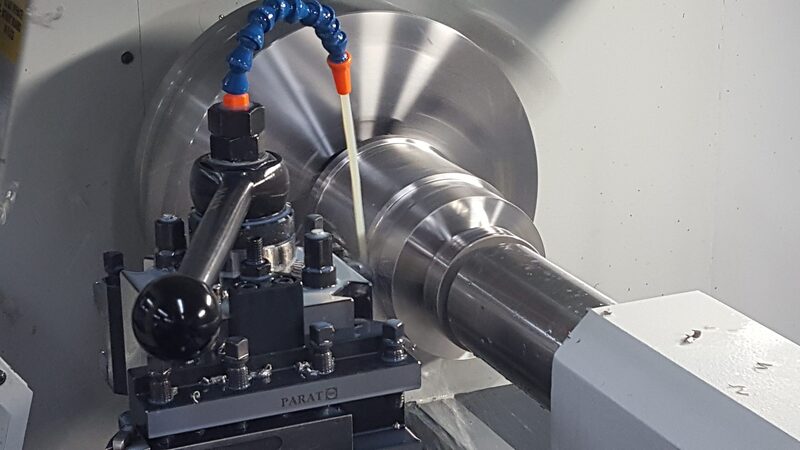Integrative medicine, which takes a patient-centered approach to health and wellness, has grown in popularity in recent years. This strategy addresses the full person rather than just the symptoms by combining conventional medical treatments with evidence-based complementary therapies. Integrative medicine in St. Louis, MO, provides a refreshing alternative to traditional medical treatments by stressing a holistic approach that considers physical, emotional, mental, and spiritual wellness. The mix of standard and alternative therapies can result in a more holistic, individualized healthcare experience, particularly for people who are dealing with chronic diseases and stress or want to improve their overall well-being.
Understanding Integrative Medicine
Integrative medicine differs from conventional medicine in that it prioritizes the practitioner-patient relationship and uses a variety of therapies to address a patient’s specific health requirements. Rather than replacing traditional medicine, it improves it with the goal of providing patients with more comprehensive and balanced care. Integrative medicine practitioners in St. Louis, Missouri, use therapies such as acupuncture, chiropractic care, herbal medicine, massage therapy, meditation, and dietary counseling in addition to traditional medical procedures. This methodology addresses the underlying causes of health problems, generally yielding long-term benefits rather than short-term symptom relief.
Patients seeking integrative medicine in St. Louis, MO, frequently report that this method allows them to take an active role in their healthcare. Integrative practices usually involve educating patients about lifestyle changes, stress management, and preventative care. Many patients report increased energy, less pain, and greater emotional resilience because of their therapies. In this way, integrated medicine aims to improve quality of life by promoting the body’s natural healing mechanisms rather than focusing solely on physical symptoms.
Key Aspects and Advantages of Integrative Medicine
Integrative medicine emphasizes the integration of complementary therapies with personalized medical treatments. Instead of relying entirely on pain medication, someone suffering from chronic pain may benefit from a combination of physical therapy, acupuncture, nutritional modifications, and mindfulness meditation. Addressing both the physical and psychological elements contributing to chronic pain together often results in more effective and long-lasting relief for patients.
Integrative medicine emphasizes the importance of nutrition and lifestyle changes. Practitioners advise patients to adopt healthy dietary habits, exercise, and mental wellness practices, which can help them improve their overall health and resilience to sickness. Many integrative medicine institutions provide services such as guided nutrition counseling and fitness planning, allowing patients to make more educated health decisions.
Locate Integrative Medicine Services
Integrative medicine has grown significantly, with numerous healthcare facilities and wellness centers now offering a wide range of holistic treatments. Choosing the correct integrative medicine provider can entail investigating the specific services provided along with the practitioners’ histories and certifications. Many doctors in the area have board certifications or specializations in integrative health approaches, which confirms their knowledge and dedication to providing high-quality patient treatment. Patients interested in researching integrative medicine can begin by speaking with practitioners at wellness centers, holistic clinics, or hospitals that provide integrative health treatments.


